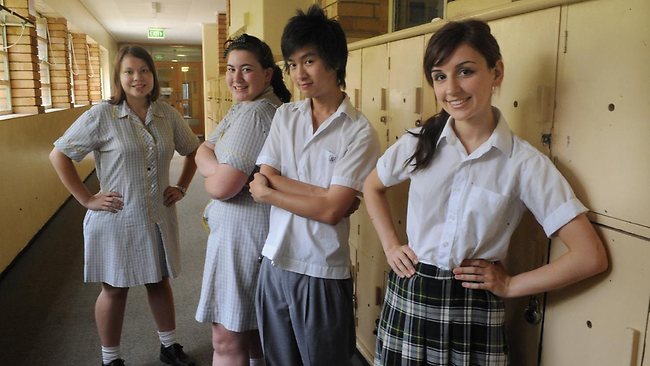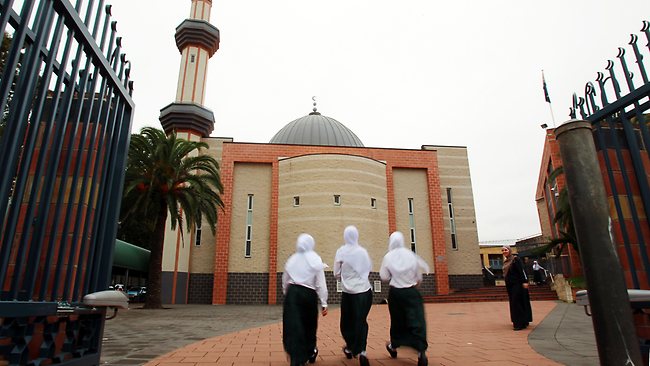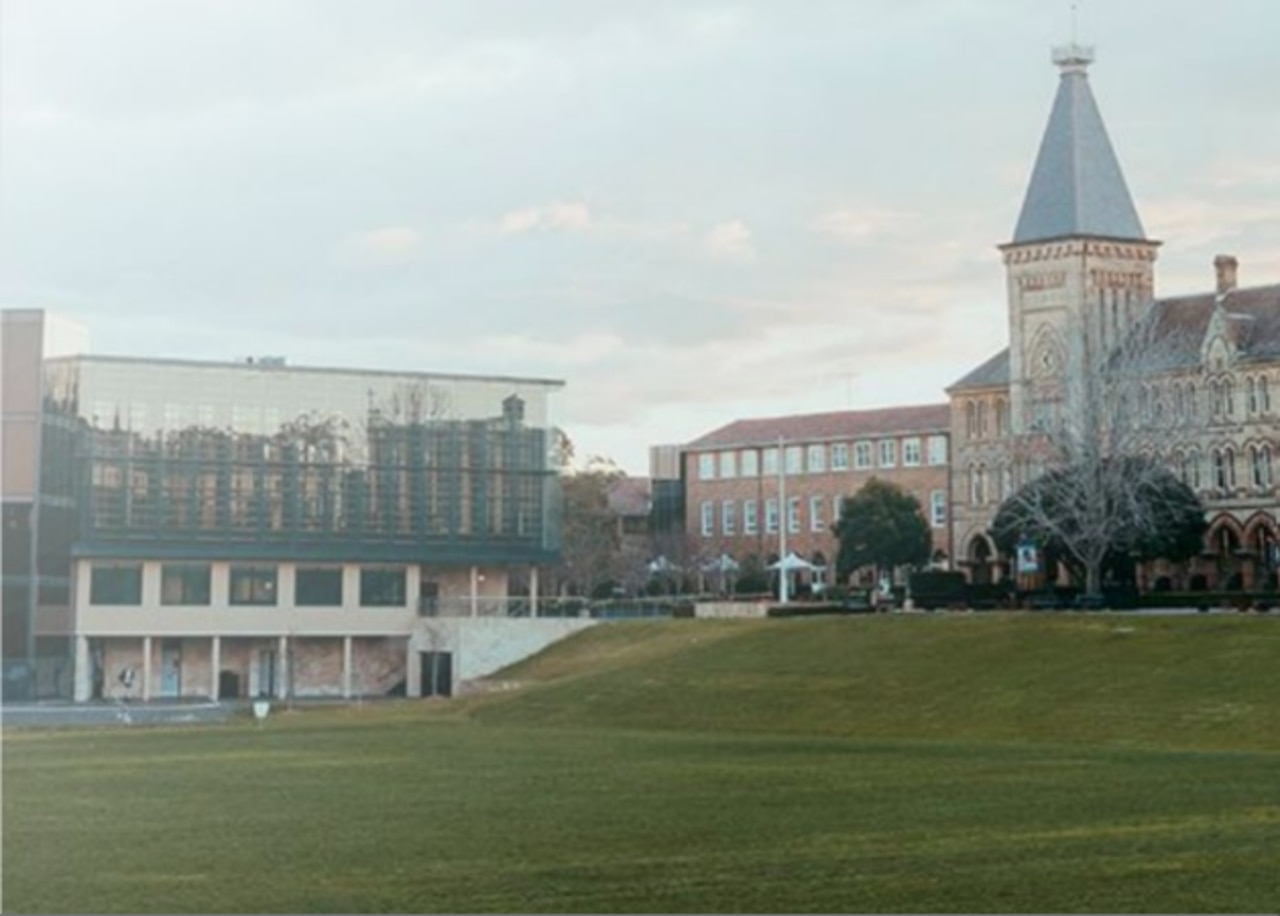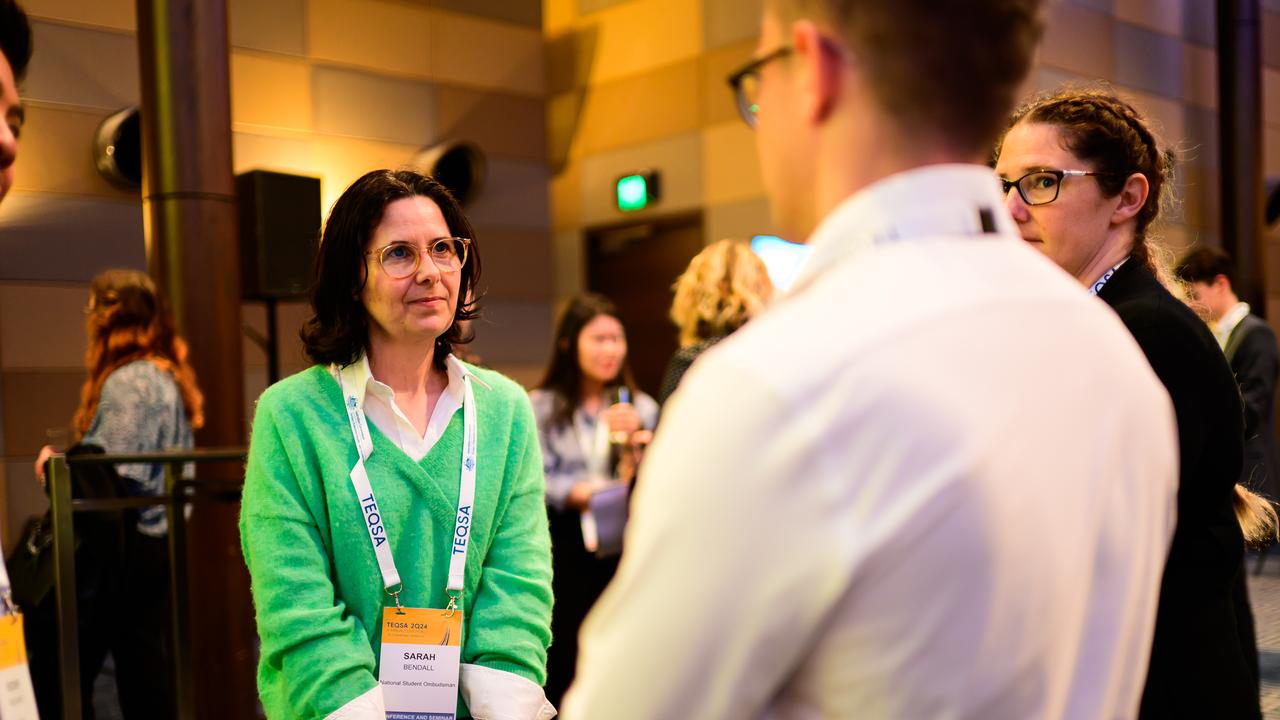Blueprint to lift teaching standards with maths and science to be compulsory
ASPIRING teachers will have to study maths and science at school to qualify for a limited number of places in education degrees.
ASPIRING teachers will have to study maths and science at school, and meet minimum entry scores, to qualify for a limited number of places in education degrees at university under reforms proposed by the NSW government.
The plans place NSW at the vanguard of reform, tackling the national need to lift standards and address the lack of maths, science and language teachers and the oversupply of primary and most secondary teachers.
A discussion paper to be released today outlines the government's plans to overhaul teacher education and qualifications. The move makes NSW the first state to attack the practice of universities using teaching courses as a cash cow by enrolling as many students as possible to subsidise other, more expensive to teach degrees.
The paper, commissioned by Education Minister Adrian Piccoli, proposes that school systems limit the number of training positions offered to student teachers as a way of combating the national oversupply of teachers.
While there are shortages of maths, science and language teachers, universities continue to graduate thousands of primary and other high school teachers every year, despite half of them never entering the classroom.
Universities are encouraged to do this by federal government policies that have removed the cap on subsidised places and allowed education faculties to enrol as many students as apply.
The paper proposes that schools offer training positions only in areas of need, such as high school maths and science and in rural and remote areas, and reduce the number of places in primary schools and metropolitan areas.
It suggests minimum standards to qualify for teaching, including prerequisite study at school of maths, science and/or a language as well as English, and an assessment process of applicants to ascertain their suitability and commitment to teaching.
University courses would also be assessed for the quality of graduates they produce, and employers could preference new teachers from those degrees with a track record of producing quality graduates.
The government also proposes overhauling the practical training of teachers in schools, with the creation of a corps of accredited mentors to strengthen the induction process for new teachers, and offering places only to students who intend to teach.
Mr Piccoli said while the state government had no direct control over those whom universities admitted, it was prepared to use its power as the main employer of teachers to influence the standard of entrants.
"This is a key educational reform and we are happy, indeed eager, to make bold changes in education, even if we upset people," he said.
"This is not a reform designed to suit universities or teachers; it's a reform designed to suit students.
"There's no reason why we can't create the best education profession in the world. We want to lead Australia in terms of these kinds of reforms. There's an opportunity to be bold here, and to change things that I know many people have thought for a long time needed changing. Nothing is off the table."
Mr Piccoli said the proposed reforms were not only a public education issue, but affected all sectors - Catholic and independent schools as well - and the different systems might respond differently.
But Mr Piccoli said all systems should be prepared to use their industrial muscle as employers to demand higher standards and better training.
"They get as many students into university teaching as possible and as the employer, we should have a much greater say. The medical profession do it, education never has done it for some reason and we should do it," he said.
Chair of the NSW Council of Deans of Education Peter Aubusson praised the discussion paper for expanding the argument about teacher quality as an issue for the entire profession and said it raised "significant issues" universities should consider.
Associate Professor Aubusson, head of teacher education at the University of Technology, Sydney, said education faculties were already in the process of implementing minimum academic standards to meet the national standards.
"I don't see a fundamental problem with the setting of standards for entry into teacher education programs," he said.
"We have two arms of government who are pulling universities slowly in different directions.
"The federal government wants to increase the number of students from low socio-economic backgrounds at university and those students, particularly people coming in as the first members of their family to go to university, often have lower ATAR scores and often choose nursing and education."
The teacher discussion paper was prepared by the director-general of the state education department Michele Bruniges, head of the NSW Institute of Teachers Patrick Lee and chairman of the Board of Studies Tom Alegounarias.
It says schools in NSW provide more than 18,000 training or practicum places each year, with 70 per cent provided by public schools, 18 per cent by Catholic schools and the remaining 12 per cent in independent schools.
Universities graduate about 5500 new teachers every year, but the NSW education department, the biggest employer of teachers, hires only 300 to 500 new graduates in permanent positions.
National standards recently agreed by the education ministers require all teaching students to score in the top 30 per cent for literacy and numeracy, which translates to an ATAR (Australian Tertiary Admission Rank) of about 70.





